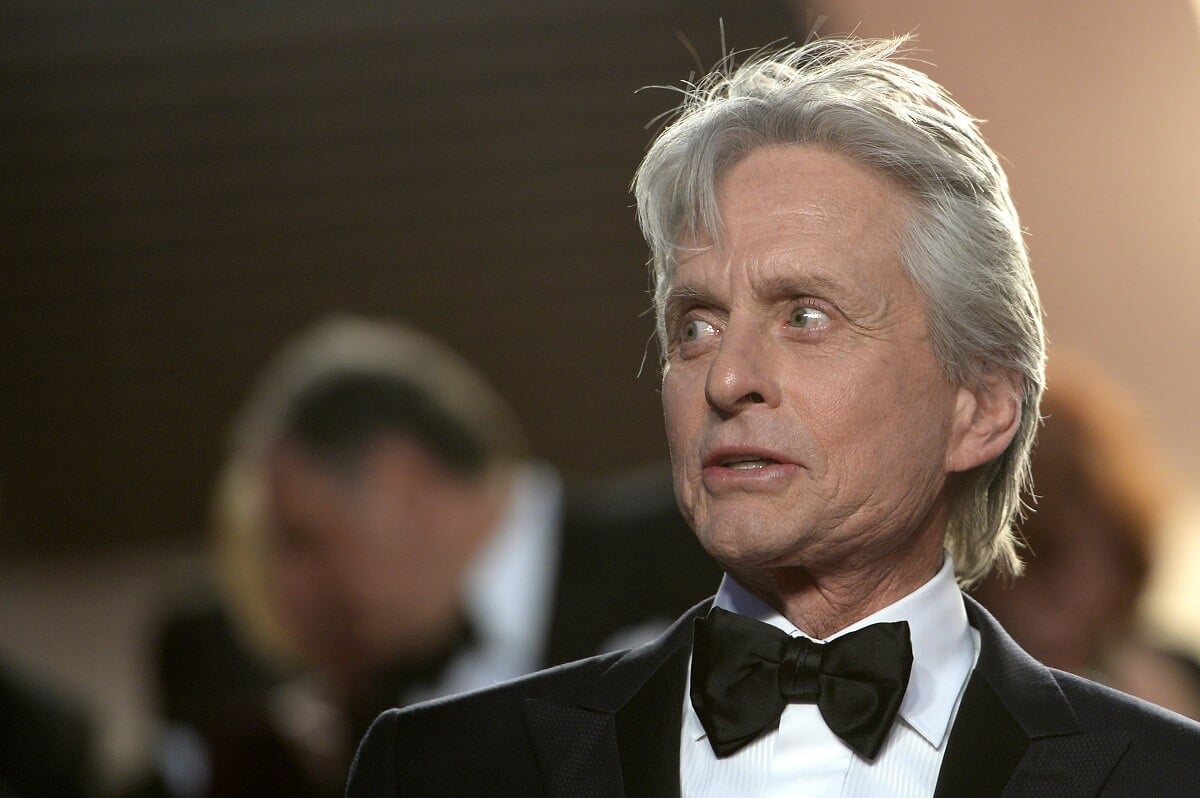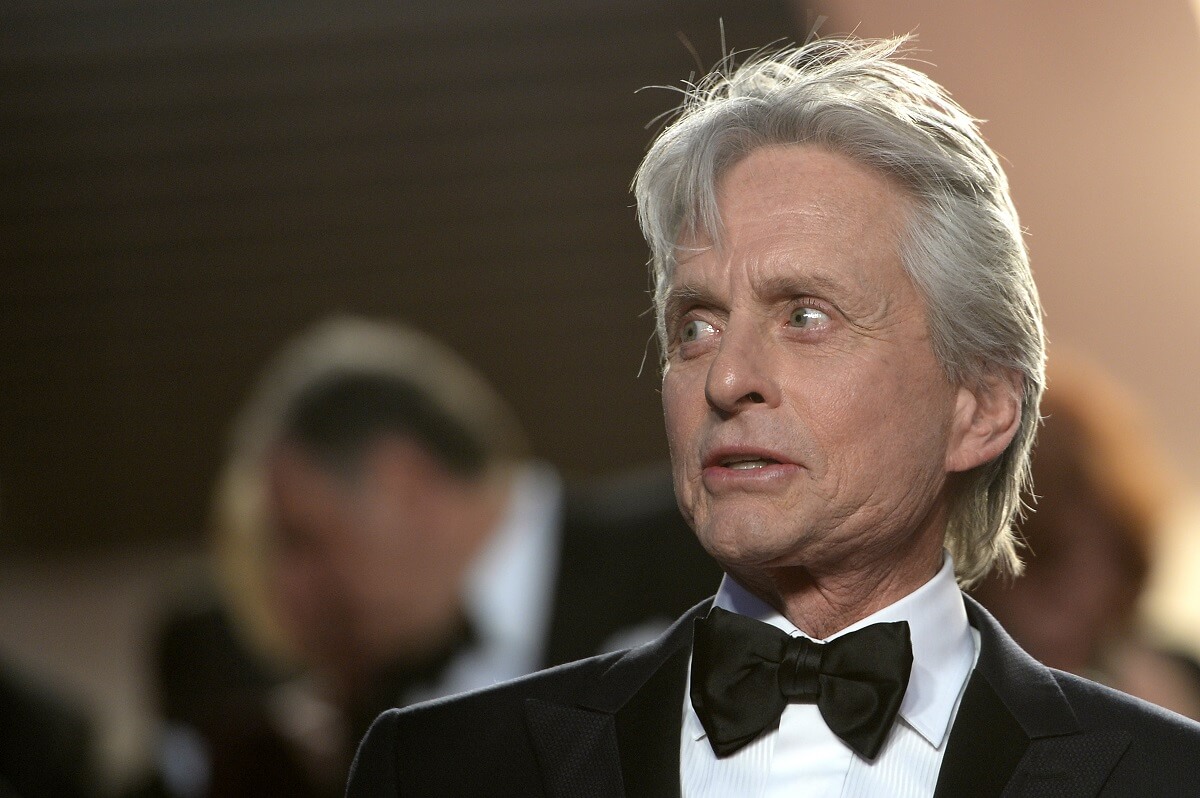
Michael Douglas Believes Steven Spielberg Once Cost Him a Best Actor Award
Steven Spielberg was thought to have played a part in preventing veteran actor Michael Douglas from adding another acting award to his shelf. But Douglas believed his possible snub pointed to another growing issue in the film industry.
Michael Douglas felt Steven Spielberg stopped him from getting a best actor award at Cannes

Douglas was up for a best actor award for his 2013 HBO movie Behind the Candelabra. At the time, the feature was recognized for several accolades. It took home prizes from the Critics’ Choice Television Awards and the Golden Globes, where Douglas won Best Actor for a miniseries or television film. But one award that eluded Douglas that year was at the Cannes Film Festival.
Douglas wasn’t even nominated for a best actor award at 2013’s Cannes despite rumblings he was going to win. The Ant-Man actor theorized that Spielberg was to blame for not being nominated.
“Steven Spielberg was president of the Cannes Film Festival the year that I was there at Cannes. The rumor was that I was sort of favored for the best actor award and that he put the kibosh on that because it was an HBO film — a film for television even though it had played theatrically,” Douglas once said on Variety’s Actors on Actors.
Because of this, the actor felt there needed to be a slight change in the way films were chosen to be nominated at Cannes.
“My feeling is that they’ve got to really loosen this up. Certainly it can play in a theater for a week or two, but then it should be entitled to be treated as a movie,” he said.
Steven Spielberg didn’t feel that Netflix movies should’ve been eligible for an Academy Award
Spielberg has never quite been on board with the idea of streaming films being nominated for prestigious awards. A number of movies that end up on streaming have been nominated for Oscars over the years. Some have even managed to win major awards at the ceremony such as Power of the Dog and Roma.
But Spielberg felt these kinds of movies had more in common with TV films than cinematic releases. The fact that films released on streaming were treated like theatrical movies was a big concern for the director.
“[TV] is a challenge to cinema the same way television in the early 1950s pulled people away from movie theaters and everybody stayed home, because it was more fun to stay home and watch a comedy on television in the 1950s than it was to go out and see a movie. So Hollywood’s used to that, we’re accustomed to being highly competitive with television,” Spielberg once told ITV.
Streaming services like Netflix, however, added a new dimension to this decades-old rivalry.
“The difference today is that a lot of studios would rather just make branded, tentpole, guaranteed box office hits from their inventory of branded successful movies than take chances on smaller films. And those smaller films the studios used to make routinely are now going to Amazon and Hulu and Netflix,” he added.
Steven Spielberg felt streaming services threw filmmakers under the bus
The pandemic had a severe impact on the film industry that Spielberg felt was detrimental to filmmakers. At the height of Covid, studios like Warner Bros. opted to release their movies through their streaming services. This stirred up controversy among actors and filmmakers alike. Spielberg was personally aware how this shift affected his contemporaries.
“The pandemic created an opportunity for streaming platforms to raise their subscriptions to record-breaking levels and also throw some of my best filmmaker friends under the bus as their movies were unceremoniously not given theatrical releases,” Spielberg once told The New York Times. “They were paid off and the films were suddenly relegated to, in this case, HBO Max. The case I’m talking about. And then everything started to change.”
But Spielberg held out hope that theaters would survive the pandemic. He found solace in the Austin Butler film Elvis, whose performance inspired boosted Spielberg’s confidence.
“I found it encouraging that Elvis broke $100 million at the domestic box office,” he said. “A lot of older people went to see that film, and that gave me hope that people were starting to come back to the movies as the pandemic becomes an endemic. I think movies are going to come back. I really do.”


